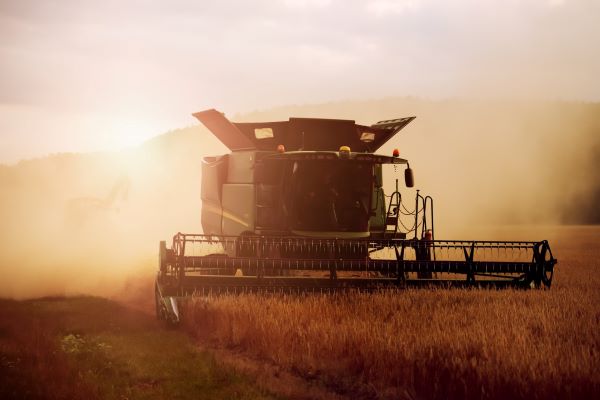More than half of the population in sub-Saharan Africa carves out a living on small farms. In this same region, internet connection is poor to nonexistent. Even where internet connection does exist, many families lack the resources to connect and access information through the digital world.
Although some companies are working to improve internet access in sub-Saharan Africa, the costs are high. In the meantime, isolation, pests and changing weather patterns are negatively impacting farmers’ livelihoods. That’s why off-grid solutions are essential for the prosperity of small farms in sub-Saharan Africa today.
The Grid in Sub-Saharan Africa
Only around 22% of people living in sub-Saharan Africa can connect to the internet in the modern age. This number varies by country – for example, only 2% of people in Uganda can connect digitally. Internet connection numbers are affected both by availability and the cost of broadband.
Fiber optic cables are the fastest form of internet connection available today. However, a single km of fiber optic costs $30,000 – and Africa needs 500,000 km of fiber optic cables to connect the entire continent to the internet. These cables are sunk in the ocean along the coastline and then buried inland to create a stable internet infrastructure.
It may sound romantic to live somewhere without the internet. However, traditional methods of farming involve backbreaking labor and often result in low crop yields. Although there’s beauty in traditional farming methods, the internet can improve farmers’ economic and personal prosperity. It offers them enhanced food security and the resources they need to expand their business.
Challenges for Small-Scale Farmers
In 2019, over 60% of the population in sub-Saharan Africa lived on smallholder farms. Most of these farmers work with little to no technological support. They face many challenges, ranging from limited resources to pests, disease and bad weather. Everything they do is done by hand – from planting to watering to harvesting and finally selling their produce.
For many of these farmers, a simple solar-powered well pump would be life-changing. Unfortunately, electricity and other types of fuel are expensive and hard to obtain. Off-grid solutions are the best option for supporting African farmers because they’re a one-time purchase. Once installed, they can reduce farmers’ workloads and improve their harvests for years.
Limited access to information is another of African farmers’ biggest challenges. An internet connection provides farmers with free information on how to improve soil health and harvesting practices. It connects them with other agricultural professionals and can warn them of inclement weather. The internet also provides farmers with access to seeds and other valuable farming equipment.
Off-Grid Solutions for African Farmers
Although internet connectivity is valuable, access to energy is even more important. Without electricity to charge smartphones and laptops, farmers aren’t able to connect to the internet. They can’t run machines, monitor their property or build automatic watering systems without fuel.
Access to energy reduces physical effort so farmers can give more attention to improvement and expansion. Consider the difference between a farmer who works the land alone and a farmer with a water pump, tractor and electric fence. The second farmer will save time and energy for other tasks, while the first may struggle to grow enough food for their family.
Many parts of Africa are rich in sunshine and wind but low on water. That means solar and wind-powered solutions can work with the elements to create energy and improve agricultural yields. Unfortunately, this equipment is often financially out of reach for small farmers. Groups of farmers may be able to invest in off-grid technology together.
Empowering Off-Grid Farmers
Boosting electricity and internet connection in Africa will take some time. Companies like Google are working on solutions to quickly connect Africa with the digital economy. This could completely change the methods and productivity of farming on the continent, empowering families to enjoy a better quality of life.
In the meanwhile, off-grid options are the best way to support African farmers. Many digital opportunities can be offered to farmers in person if companies are willing to travel to them. Although this takes more effort, spreading information and resources will help farmers improve their soil health, adapt to changing weather and collaborate with other businesses in their area.
African farmers are caught between the slower, small-scale farming of the past and the modern, fast-paced digital economy. Off-grid tools like solar-powered machinery can help them improve yields and bridge this gap. The tools agriculture professionals are developing now will prepare them for the enhanced internet connectivity that’s coming.

Bio: Jane is an agriculture and environmental journalist and the founder and editor-in-chief of Environment.co, where she covers sustainability and eco-friendly living.








